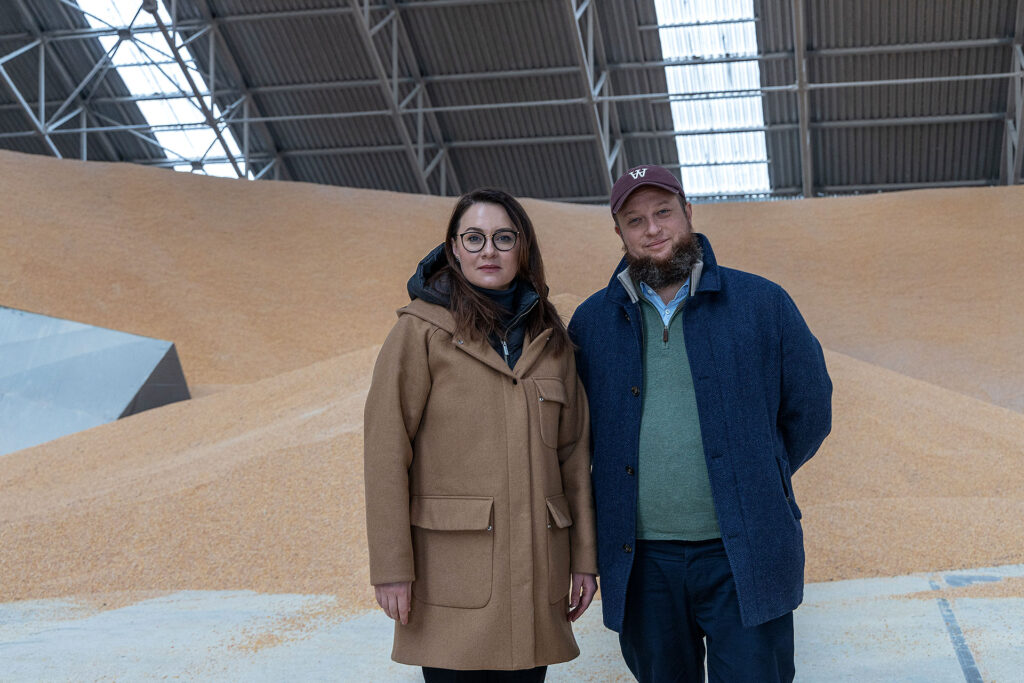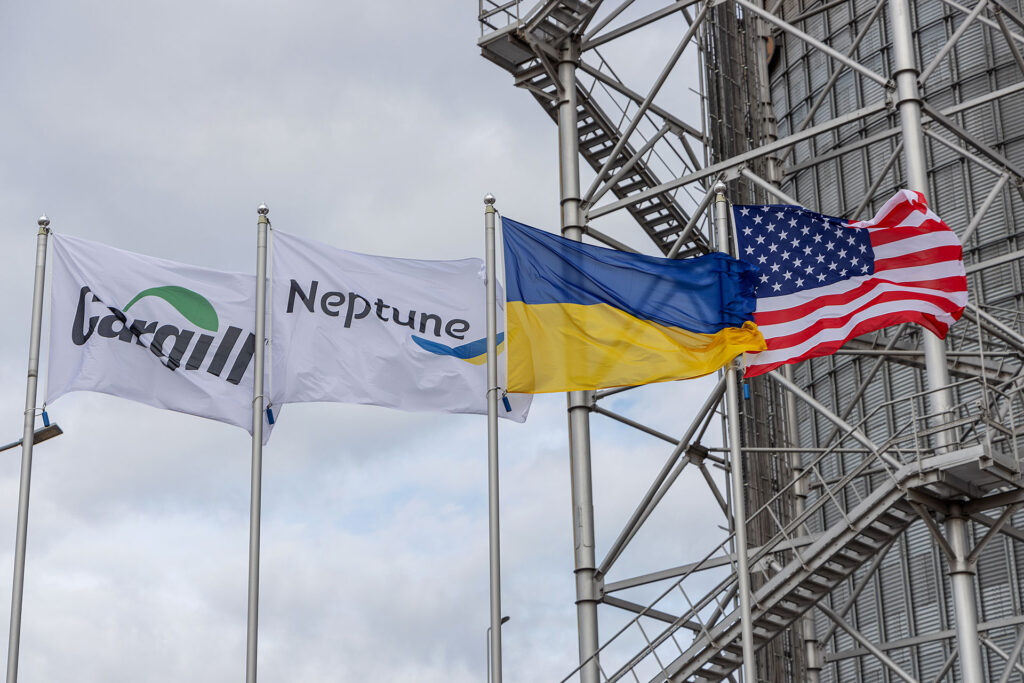Recently, TIS and Neptune hosted Yulia Svyrydenko, First Vice Prime Minister and Minister of Economy of Ukraine.
Together with her colleagues from the Ministry of Economy of Ukraine, Ms. Svyrydenko saw with her own eyes how the country’s largest seaport operates in the context of a full-scale war, and also walked through our berths where grain was shipped under the UN food program.
During the tour, Andrey Stavnitser, co-owner and CEO of TIS, reminded us that TIS, like all Ukrainian ports, had been standing still for almost a year, as Russia had blocked shipping before the full-scale invasion. Now the terminals are starting to work, the port is gradually resuming operations, which is possible primarily thanks to our Armed Forces and, of course, our employees.

“It is extremely important for the economy that our ports work, that maritime logistics is unblocked, that not only grain but also metal, finished products, not raw materials, and that ports have reliable air defense go through our ports.The Ministry of Economy has calculated that the expansion of exports and transportation will attract more than $10 billion in additional export revenues. Therefore, the full recovery of exports, especially the support of non-resource exports, is an important contribution to the sustainability of the economy,” emphasized Yulia Svyrydenko.

“The port is the heart of the economy. Unfortunately, the Russians are well aware of this. During the time when we were unable to work, the world suddenly realized that without Ukrainian grain, many people would face literal starvation. The importance of port infrastructure for the national economy has become obvious – we are not just a parking lot for freight transport, a huge number of businesses in the country depend on us. Ukraine has made tremendous efforts to create first the so-called ‘grain corridor’ and then unblock the work without it,” said Stavnitser.
“Ports are the heart of the economy. Without Ukrainian grain, many people face literal starvation” – A. Stavnitser.
